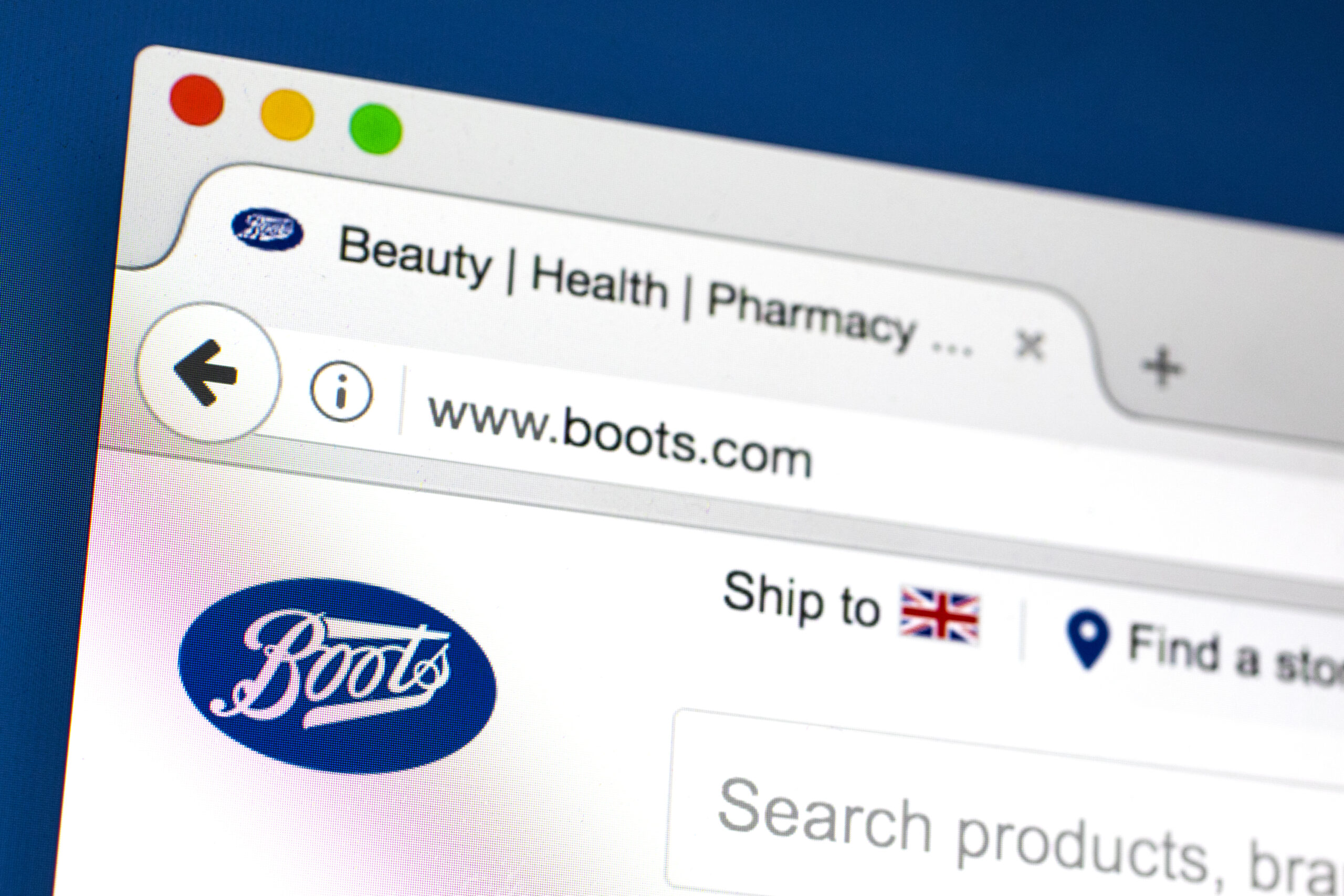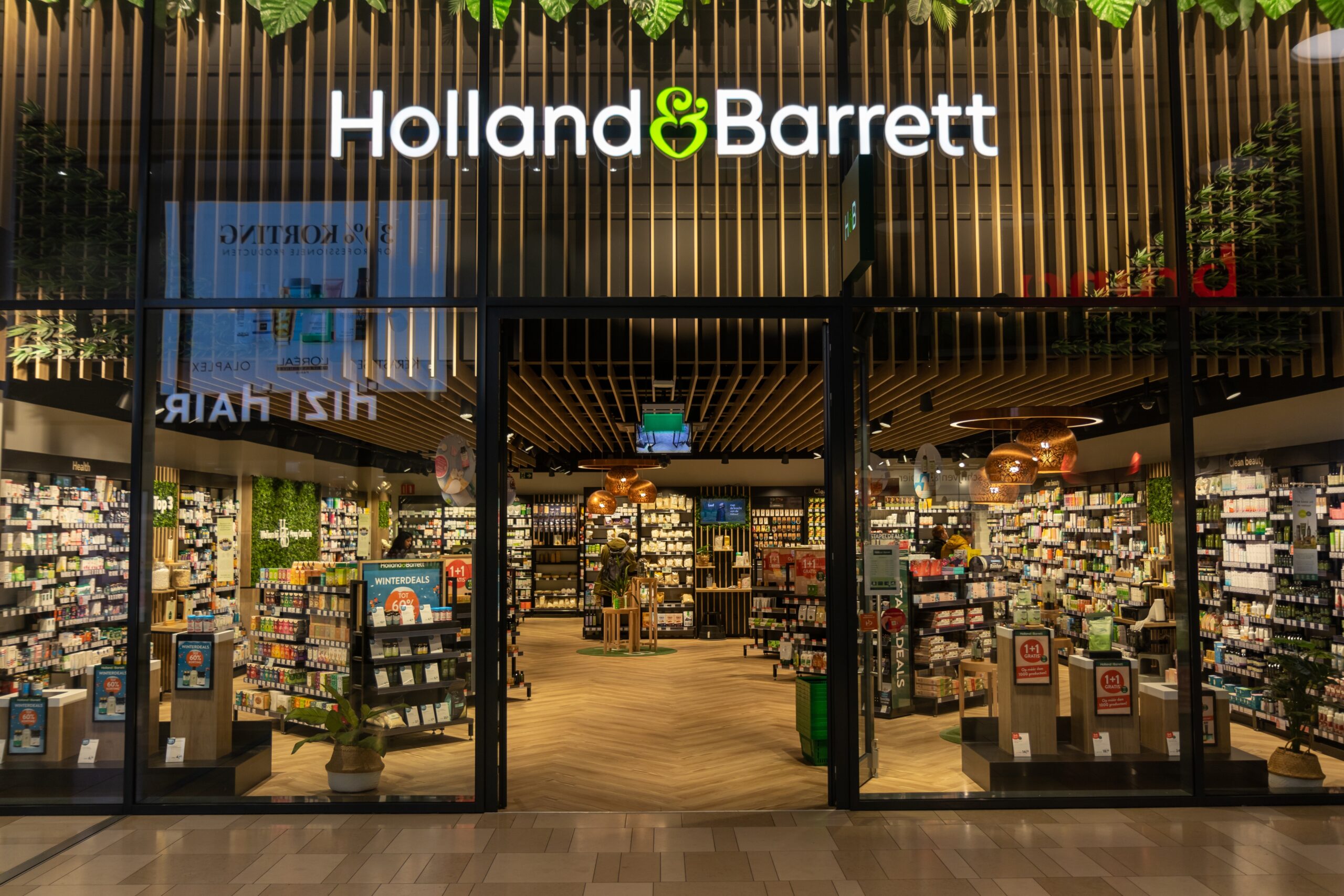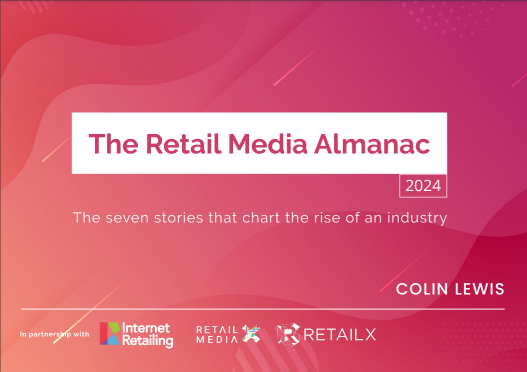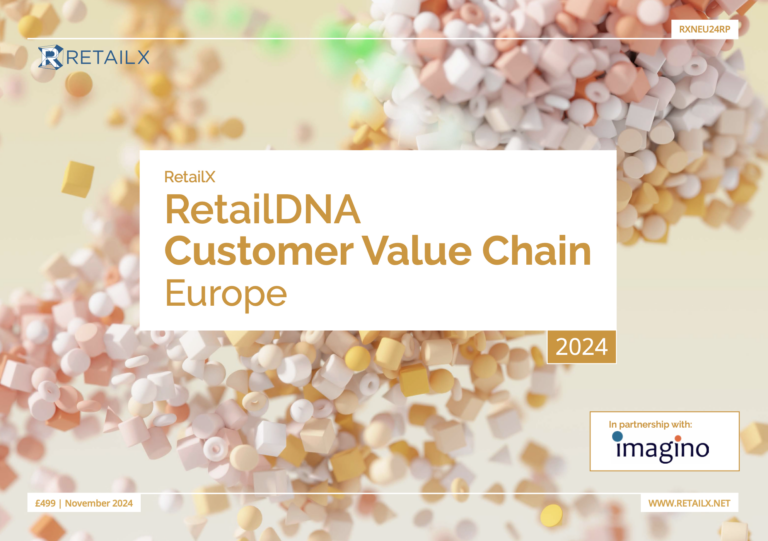The latest round of results from Amazon and independent competitor marketplace OnBuy show just how important marketplaces have become during the pandemic – something not lost on investors.
The numbers around these two alone are staggering. Sellers on Amazon marketplace sold $295 billion worth of products, up from $200 billion in 2019. Its gross merchandise volume (GMV) grew 42 per cent from $335 billion in 2019 to $475 billion in 2020.
OnBuy meanwhile hit £200m in 2020 – paltry compared to Amazon, but what isn’t? For OnBuy this is a continuation of remarkable growth across 2020, which the company hopes will drive it to the £1bn by late 2023. And if things keep on as they are, that seems eminently achievable.
OnBuy like many other players in the burgeoning ecommerce market has raised a second round of funding to help expand internationally and to hit this £1bn milestone and it exemplifies a growing interest not just in marketplaces, but the whole retail space by investors.
According to the Digital Commerce M&A report from Hampleton Partners out this week, while M&A activity in retail dropped off across 2020, fundraisers for ecommerce businesses took off. According to Ralph Hübner, Sector Principal, at Hampleton Partners, some traditional incumbents are focusing on core business and can’t afford to budget for corporate development. Some incumbents benefited hugely from the shift to digital and were so busy scrambling to keep up with their organic growth, they didn’t have the bandwidth for inorganic growth.
He says” “Importantly, differences between the first and second half of 2020 in terms of deal count can be attributed to Covid-19 affecting M&A timeframes. Deals that closed in early 2020 were already well underway in 2019. Autumn deals were scarcer, perhaps, because fewer M&A processes were kickstarted when the outbreak began. Additionally, many deals which had already begun in 2019 or 2020 saw their closing phases delayed.”
Fundraises however continued apace, giving birth to many new ecommerce unicorns, including Attentive, the mobile messaging platform; d-local, the payments platform for emerging markets; and Gousto, the online meal kit company.
OnBuy is part of this grown swell of investment in the industry as those with investment dollars see only growth for ecommerce. However, like OnBuy’s series B funding, the fundraising landscape is now almost exclusively focused on later-stage funding: the share of Series E and beyond rounds has grown from 4% in 2016 to 16% in 2020, while the share of seed rounds has declined from 44% in 2016 to 16% in 2020.
Hübner notes that investors are planning potential returns in three to four years’ time, so will prioritise proven digital commerce companies and services that deliver the true needs of the digital economy, bypassing newer, unproven D2C brands.
However, beyond the successes of blockbuster fundraises, stellar IPOs and marketplace booms, the Digital Commerce technology M&A market is at an interesting crossroads. Looking forward, Hübner says that we should expect the number of deals to increase over the next 18 months. More players than ever before need a partner or investor to support their growth and acquirers are used to ‘the new normal’ in M&A – running virtual meetings and seeing M&A processes unravel remotely.
“D2C will continue to be the dominant business model over the next two to three years, so digital commerce companies focused on consumer management, customer engagement, after-sales service, logistics, last-mile fulfilment will get more M&A attention over the next months and years,” he says.









